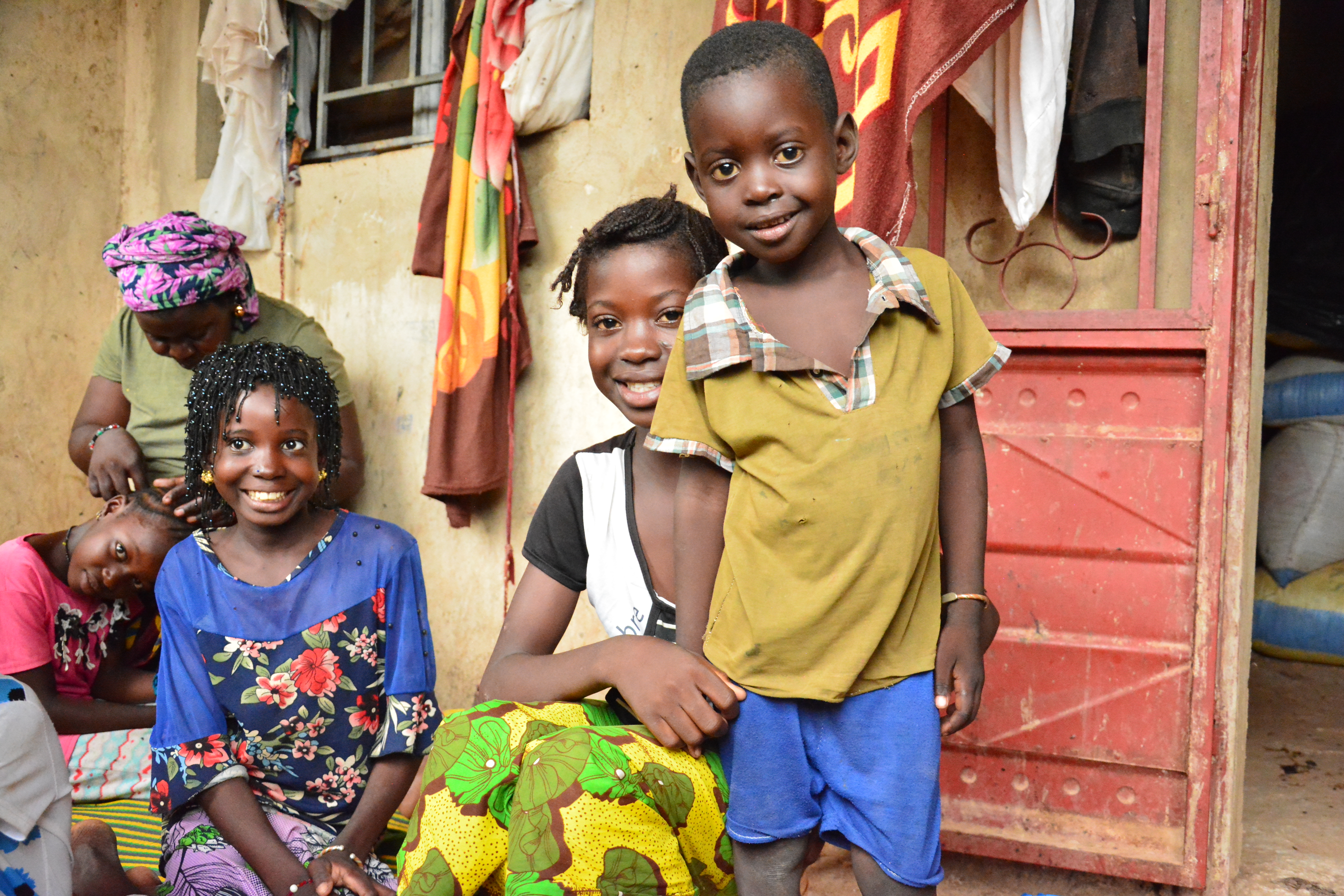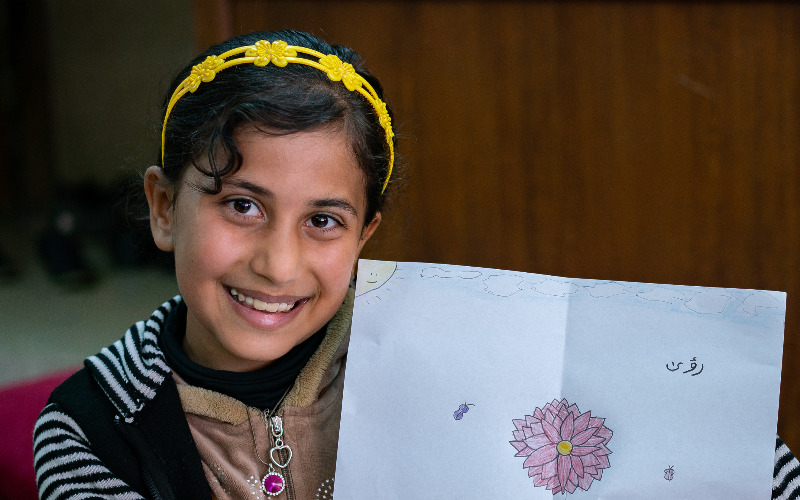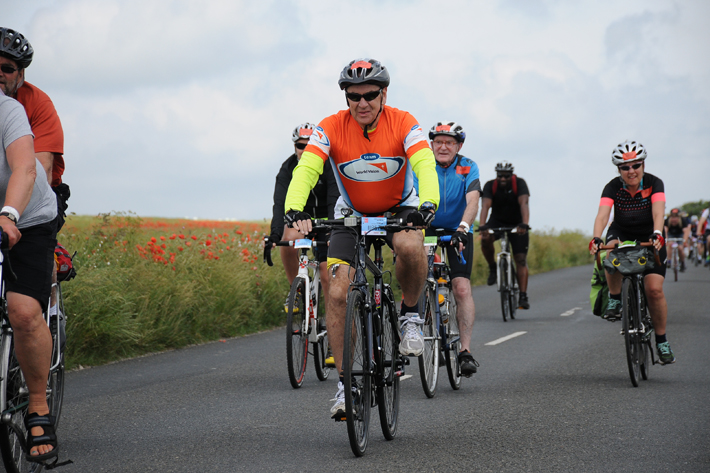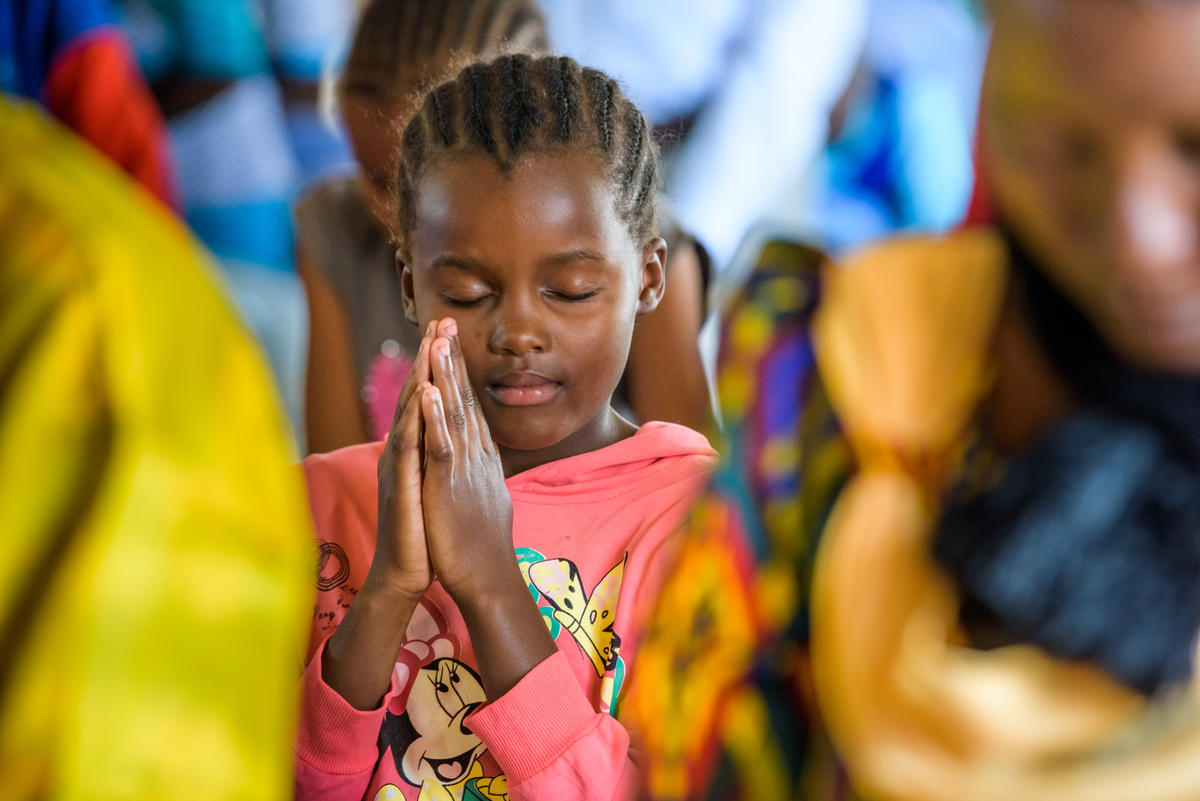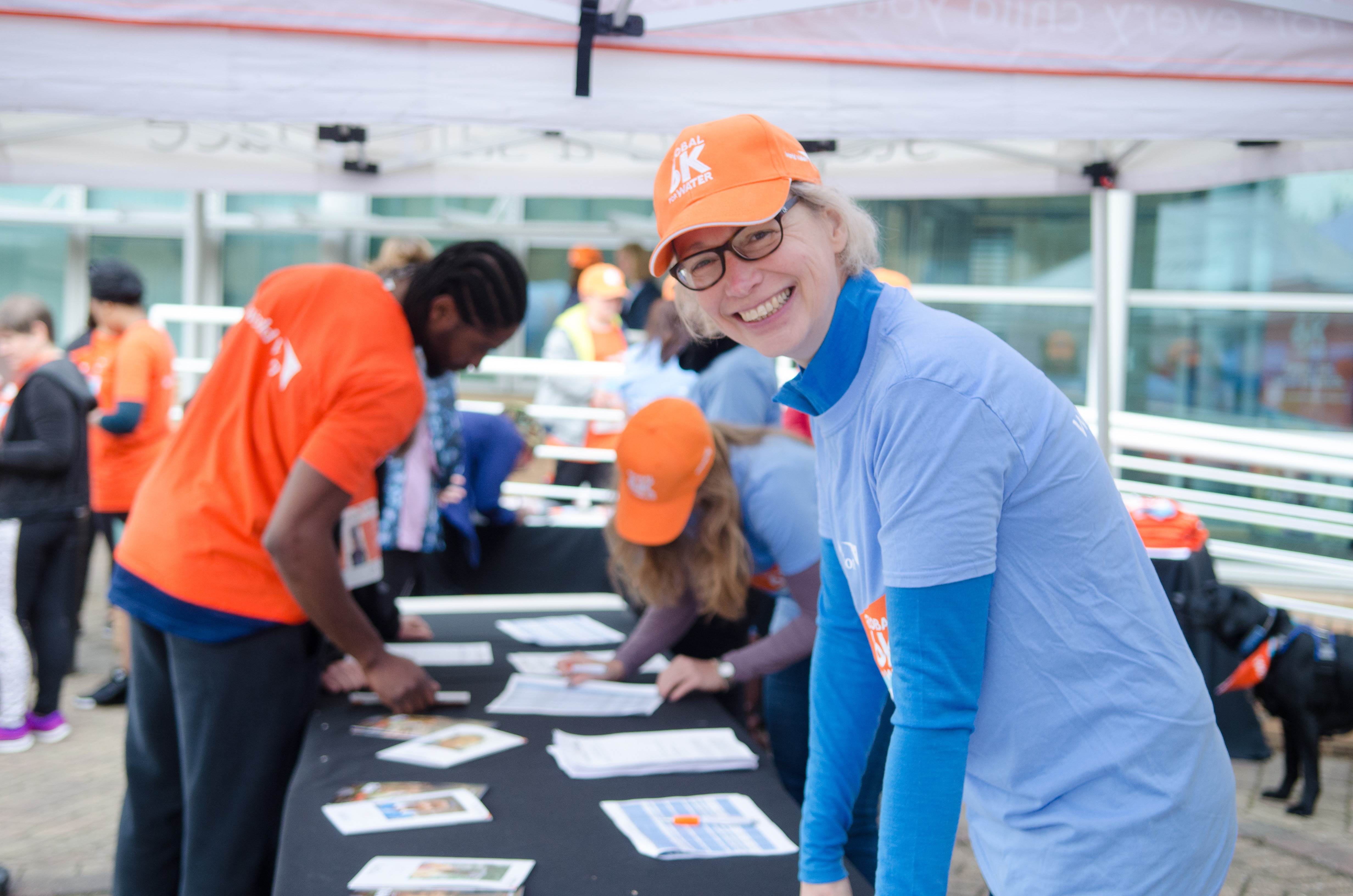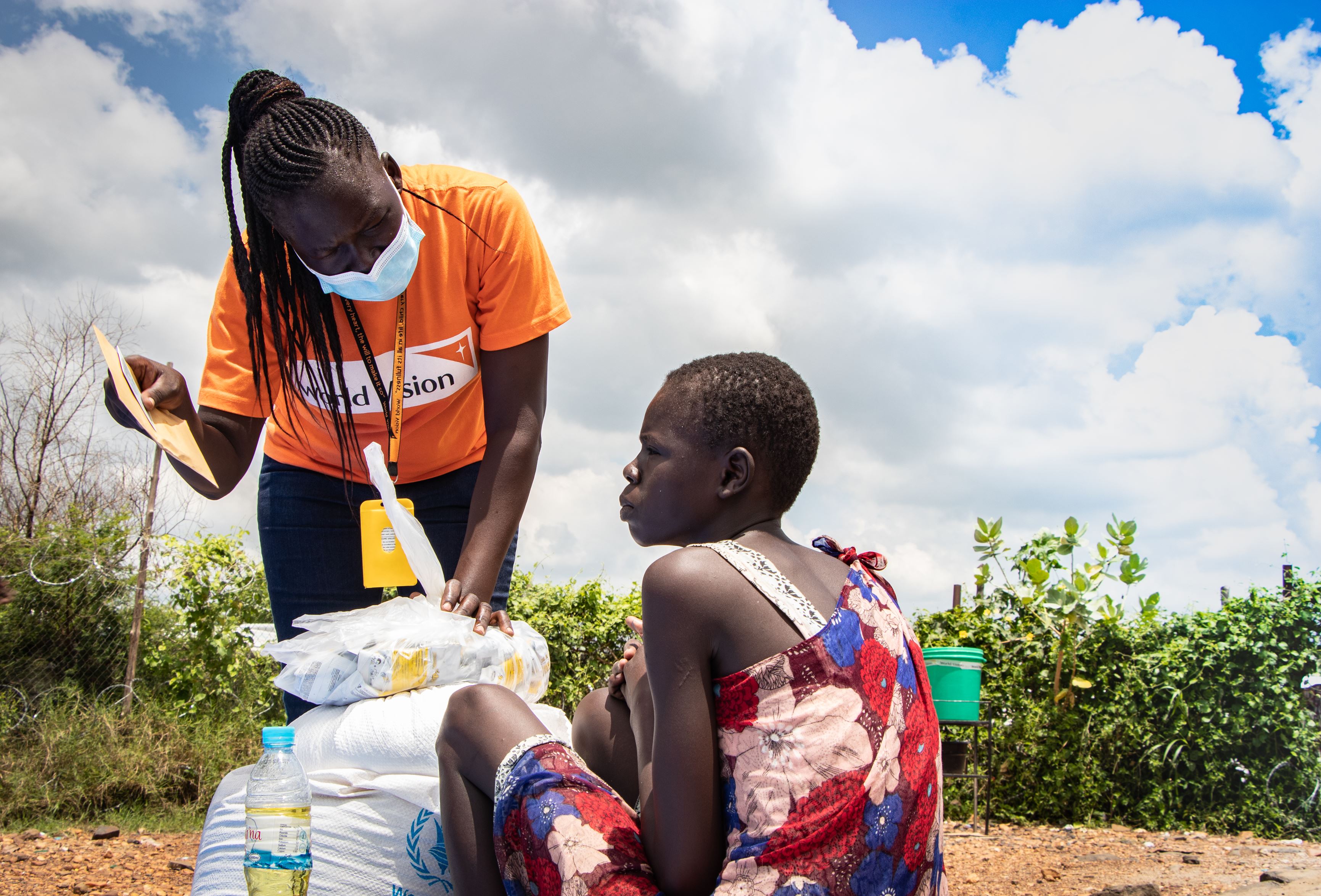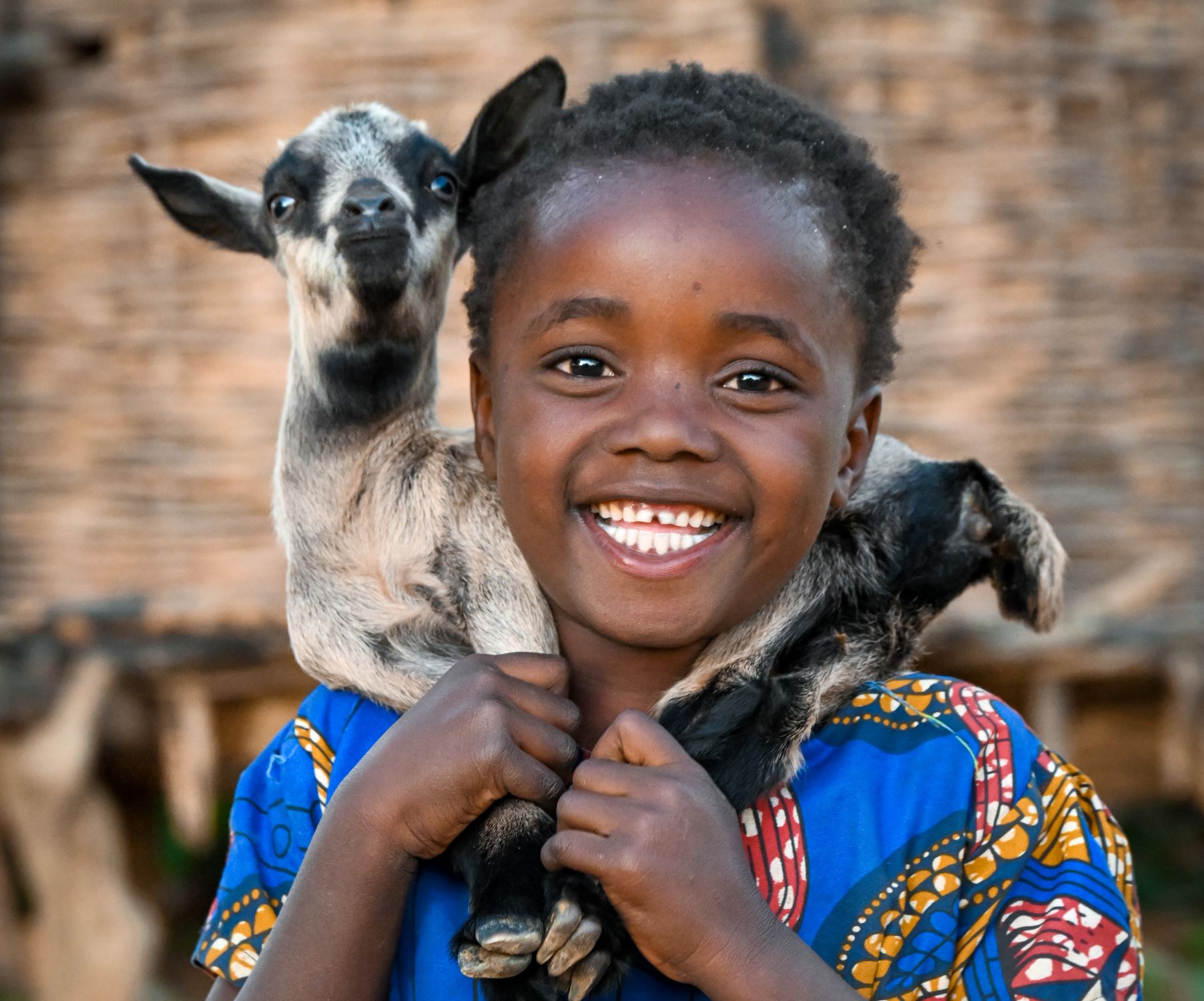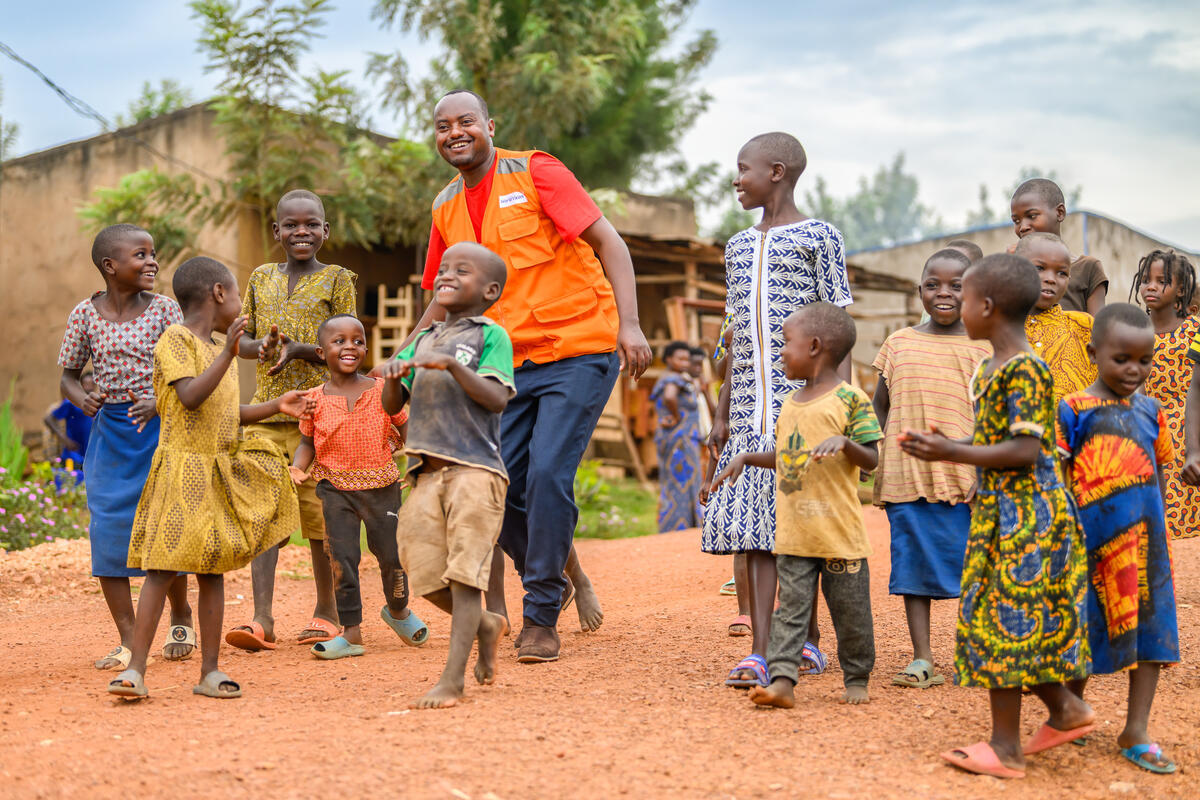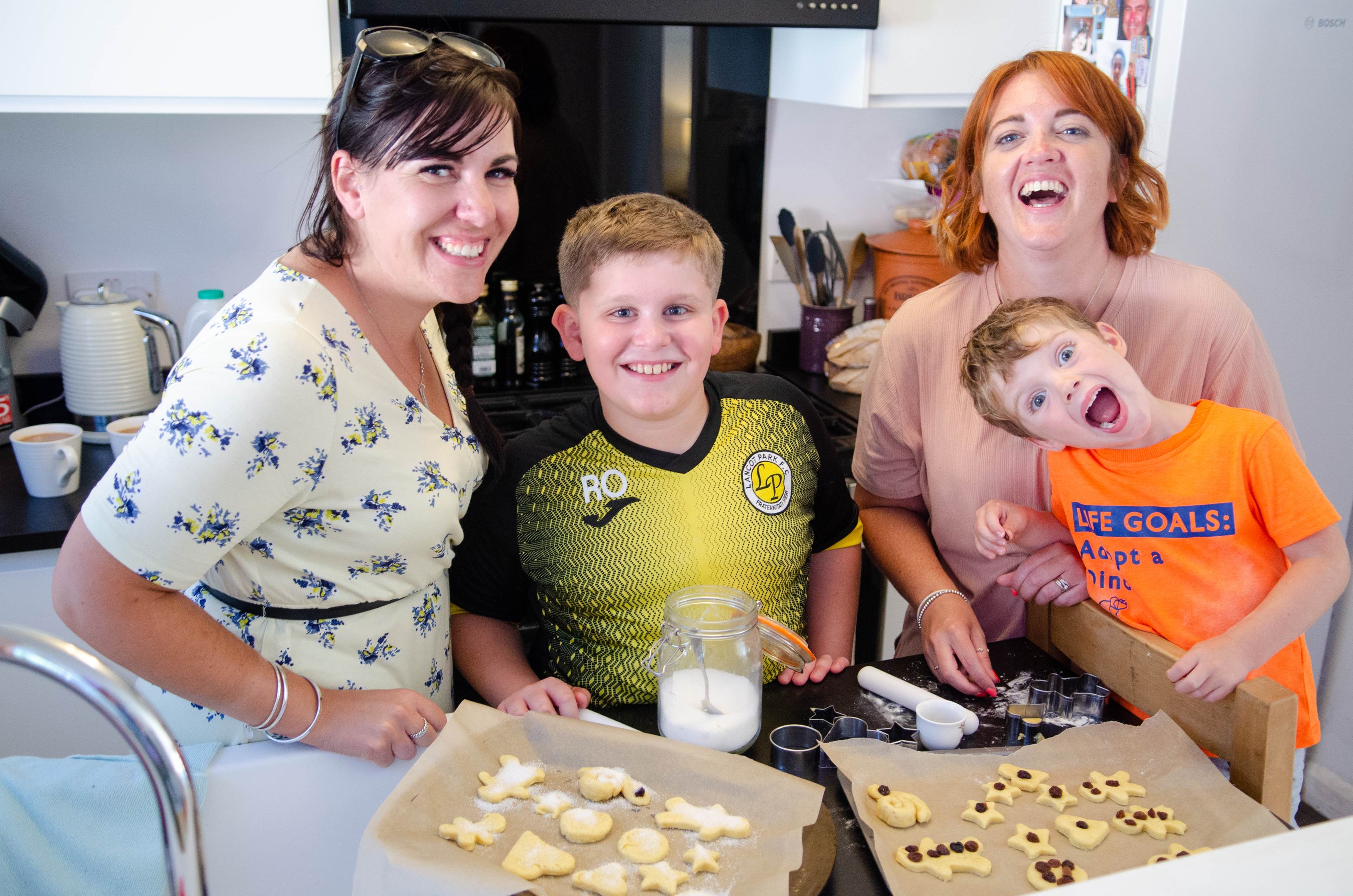
Hunger crisis deepens
“I would have lost my child-like the two others without the ready-to-use therapeutic food (RUTF)”, shares Abbo Elizabeth, a mother of six.
Elizabeth lives in a suburb on the outskirts of South Sudan’s capital Juba. Elizabeth’s husband Juma, is a soldier depending on a meagre salary shared with his two families. Elizabeth lost two of her children to anaemia. She recalls, “My children succumbed to anaemia last year. One was twin brother to Ocan who is now two years but can barely walk due to poor health."
Komakech Ronald Mandela, World Vision’s Nutrition Manager, says, “The donated RUTF complemented the existing supply from UNICEF. This has helped boost the recovery outcomes of the children enrolled in Out-Patient Therapeutic Program (OTP).”
World Vision has assisted an estimated of 32,500 people, over 8,000 of them children. “To ensure quality nutrition services delivery to the most vulnerable communities, World Vision appeals to all stakeholders and donors to join us and support in the fight against malnutrition and the hunger crisis in South Sudan”, Mandela concludes.

